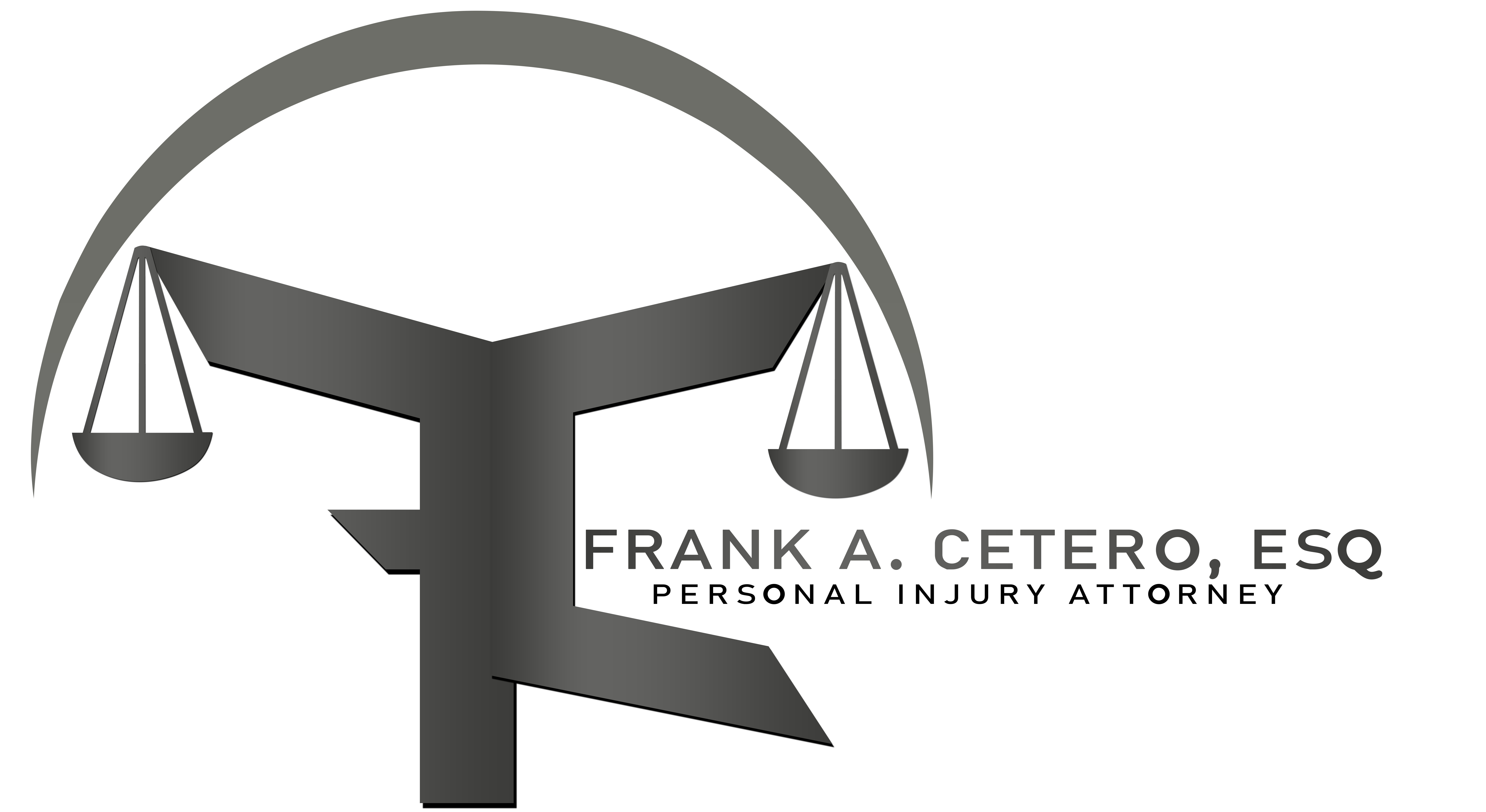
When you or someone you love gets injured due to someone else’s negligence, it can be confusing and stressful. You might wonder how to handle the situation and get your deserved compensation. Filing a personal injury claim can help you get the financial support you need for medical bills, lost wages, and other expenses. However, it’s crucial to approach this process carefully to avoid common pitfalls that could jeopardize your claim. In this comprehensive guide, we’ll discuss the top mistakes to avoid when filing a personal injury claim in Long Island. By being aware of these typical mistakes, you can improve your ability to navigate the legal system and raise your chances of a favorable result.
Understanding the Key Aspects of Personal Injury Cases, Lawsuits, and Claims
Personal Injury Cases
Personal Injury Cases refer to legal disputes that arise when one person suffers harm from an accident or injury, and someone else might be legally responsible for that harm. These personal injury cases can involve many incidents, including car accidents, slip and fall accidents, medical malpractice, and product liability. In a personal injury case, the injured party (plaintiff) seeks compensation from the party they believe is at fault (defendant) for their injuries and related losses. The main focus of these personal injury cases is to determine liability and secure financial compensation for the injured party to cover medical bills, lost wages, pain and suffering, and other damages. For navigating these cases effectively, working with an experienced personal injury lawyer can be crucial, especially when dealing with the insurance company, to ensure that you receive the full compensation you deserve.
Personal Injury Lawsuit
A motor vehicle accident personal injury lawsuit is a formal legal action taken by an individual who has suffered harm due to another party’s negligence or intentional act. In this lawsuit, the injured person (plaintiff) files a complaint in a civil court against the person or entity responsible for their injury (defendant). The lawsuit aims to prove that the defendant’s actions (or inactions) directly caused the plaintiff’s injuries and that the plaintiff deserves monetary compensation for their losses. The process involves various stages, including filing the complaint, discovery, negotiations, and potentially a trial if a settlement is not reached. Medical records are crucial in personal injury lawsuits, as they provide strong evidence and the legal expertise necessary to effectively argue the case.
Personal Injury Claims
Personal Injury Claims are requests for compensation filed by an injured party with an insurance company or the party responsible for the injury. Unlike lawsuits, personal injury cases are often resolved outside of court through negotiations and settlements. The injured person (claimant) provides evidence of their injuries, medical expenses, lost wages, and other damages to support their personal injury claim. The goal is to reach an agreement where the responsible party (or their insurance company) pays a fair amount to cover the claimant’s losses. Personal injury attorneys can assist in evaluating and negotiating these claims to ensure a successful personal injury claim. If a fair settlement cannot be reached, the claimant may choose to escalate the matter by filing a personal injury lawsuit. For incidents like a car accident, having skilled personal injury attorneys can be crucial in navigating the process and achieving the best outcome.
Common Mistakes to Avoid When Filing a Personal Injury Claim
1. Failing to Seek Immediate Medical Attention
Seeking immediate medical assistance following an accident is one of the most important tasks. It is crucial to have your injuries examined by a healthcare provider, even if you believe they are minor. Delaying medical treatment can not only worsen your condition but also weaken your personal injury claim. Insurance companies may contend that the accident was not the primary cause of your injuries or that they are not as severe as you allege.
2. Not Documenting the Accident Scene
Proper documentation of the accident scene is essential for a strong personal injury claim. Take pictures or videos of the incident, including any dangers, damage to the car, and any visible injuries, if you can. Collect contact information from witnesses and note any relevant details about the accident. This evidence can be invaluable when proving your case later on.
3. Giving a Recorded Statement to Insurance Companies
After an accident, insurance companies will likely contact you for a recorded statement. It’s crucial to remember that you are not required to give this right away. In fact, before making any statements, it’s usually preferable to speak with a personal injury lawyer. Insurance adjusters may use your words against you to minimize or deny your claim.
4. Accepting the First Settlement Offer
Insurance companies frequently want to resolve disputes as soon as feasible and for the least amount of money. It’s usually not in your best advantage to accept the first offer, despite the temptation to do so, particularly if you require urgent cash relief. First offers are typically low and may not cover all your expenses. Consult with an attorney to evaluate any settlement offers and negotiate for a fair amount.
5. Failing to Keep Detailed Records
Keeping detailed records of everything related to your accident and injuries is crucial. This includes records of missed pay, insurance company communication, medical bills, and receipts for out-of-pocket spending. Detailed records will help you demonstrate the full extent of your damages and support your claim.
6. Not Understanding the Statute of Limitations
Like all of New York State, Long Island has a statute of limitations for bringing a personal injury claim. In most cases, you have three years from the accident date to bring a lawsuit. Regardless of how compelling your argument may be, if you do not file within this window of time, your claim may be rejected. It’s important to act promptly and consult with an attorney to ensure you meet all deadlines.
7. Handling the Claim Without Legal Assistance
While it is possible to handle a personal injury claim on your own, it is not recommended. Personal injury law can be complex, and insurance companies have experienced adjusters and attorneys working to protect their interests. A knowledgeable personal injury lawyer can support you in navigating the court system, settling disputes with insurance providers, and standing up for your rights.
8. Posting About the Accident on Social Media
You can navigate the legal system, bargain with insurance companies, and stand up for your rights with the assistance of an accomplished personal injury lawyer. Insurance adjusters and defence attorneys may scrutinize your social media accounts for evidence contradicting your claims. It’s best to refrain from posting about the accident until your claim is resolved.
9. Ignoring Medical Advice
Following your doctor’s advice and attending all medical appointments is essential for your health and your claim. Ignoring medical advice or missing appointments can be used against you by insurance companies. They can contend that you are not recovering as much as you say you are or that you are not doing enough to get better.
10. Misrepresenting or Exaggerating Injuries
Honesty is crucial when filing a personal injury claim. Misrepresenting or exaggerating your injuries can severely damage your credibility and harm your case. Tell the truth to insurance adjusters, lawyers, and doctors about the severity of your injuries and how they affect your day-to-day activities.
11. Overlooking Future Damages
You should factor in any potential future damages in addition to your existing expenses when determining the amount of compensation you require. This can include ongoing medical treatment, rehabilitation, and potential loss of future earnings. An experienced attorney can help you accurately assess and document these future needs to ensure you receive adequate compensation.
12. Settling Too Quickly
It’s important to be patient and not rush the settlement process. Settling too quickly can result in accepting less compensation than you deserve. Make sure you have fully healed from your injuries and know all the costs and requirements for future medical care before making a settlement offer.
13. Failing to Report the Accident
Sometimes individuals neglect to notify the police or other relevant authorities about their mishap. Reporting the accident creates an official record, which can be important evidence in your personal injury claim. Don’t forget to get a copy for your records and file a police report.
14. Choosing the Wrong Attorney
One of the most crucial choices you will make is choosing the best lawyer to represent you. Seek a personal injury lawyer with a solid track record, satisfied clients, and expertise in situations comparable to yours. The result of your claim might be significantly impacted by an experienced lawyer.
15. Ignoring Emotional and Psychological Impact
In addition to physical effects, personal injuries can also have psychological and emotional effects. Ignoring these aspects can undermine your claim. Make sure you record any emotional discomfort you have as a result of the accident and get the proper mental health support.
16. Failing to Follow Up
Staying proactive and following up regularly on your claim is crucial. Make sure to stay in contact with your lawyer, show up for all scheduled appointments, and get back to inquiries for information right away. Maintaining a close eye on your claim will ensure it moves smoothly and raise the possibility of a successful resolution.
17. Underestimating the Value of Your Claim
Many people underestimate the value of their personal injury claim. It’s critical to consider all possible losses, including hospital bills, missed income, pain and suffering, and other associated expenditures. Seeking legal advice can give you a more comprehensive understanding of the entire worth of your claim.
18. Neglecting to Communicate
It’s critical to have open lines of communication with your lawyer, medical professionals, and insurance providers. Make sure you give everyone the information they need and that they are aware of your circumstances. Misunderstandings and delays in processing your claim may result from poor communication.
19. Overlooking Insurance Policy Details
It’s critical to comprehend both your personal insurance policy and the at-fault party’s policy. Different policies have different coverage limits and exclusions. You may ensure you maximize your payout and understand the complexities of insurance coverage with the assistance of an attorney.
20. Assuming the Process Will Be Quick
The procedure of submitting a personal injury claim can take a while. Patience is key. Be ready for the chance that it will take several months or perhaps years to achieve a conclusion. Being aware of this upfront will help you control your expectations and maintain your resolve to take your claim through to completion.
Take the Right Steps with the Law Office of Frank A. Cetero!
If you or a loved one have been injured due to someone else’s negligence, it’s crucial to avoid the common mistakes that can undermine your personal injury claim. At the Law Office of Frank A. Cetero, we are dedicated to guiding you through every step of the process to ensure you get the compensation you deserve. Don’t navigate this complex journey alone. Contact us today for a free consultation and let our experienced team advocate for your rights and help you secure the best possible outcome for your case. Your path to recovery starts here.

